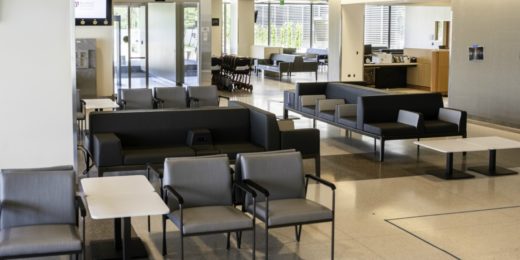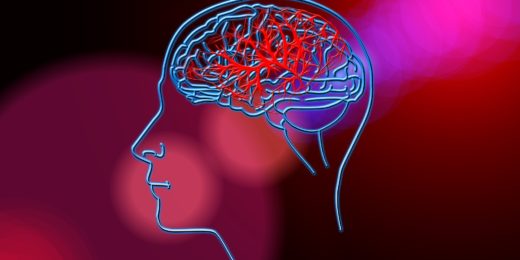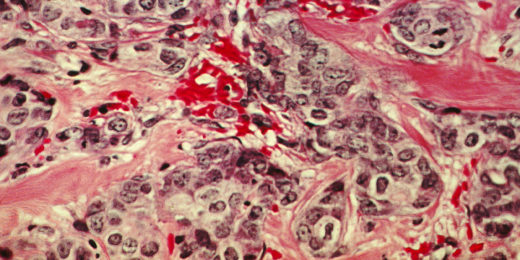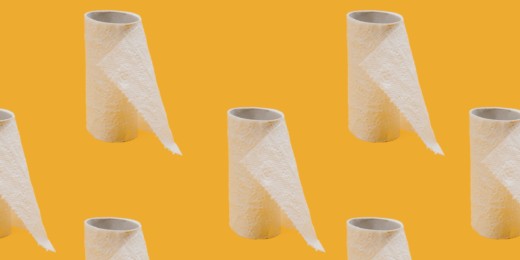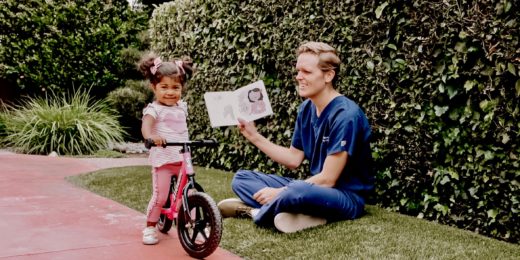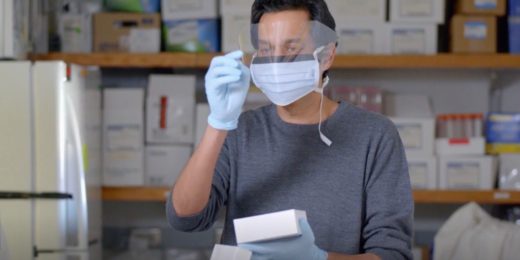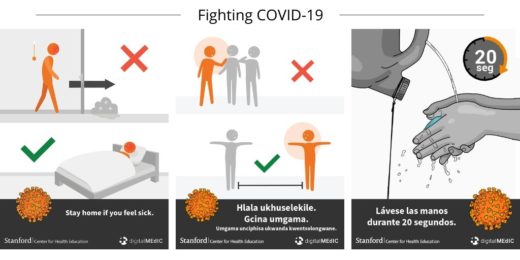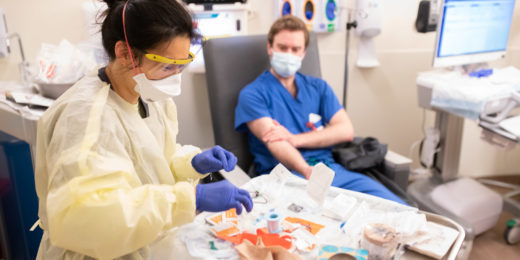As COVID-19 restrictions begin to lift, Dean Lloyd Minor discusses the importance of safely re-engaging patients in preventive care.
Month: May 2020
Brain imaging for stroke patients dropped off during COVID-19 height
In U.S. hospitals, the frequency of brain imaging for acute stroke patients dipped, suggesting hesitancy to seek medical care for non-COVID-19 conditions.
Busting myths about urinary tract infections | Understanding UTIs, Part 3
The third part in the Understanding UTIs series debunks seven myths about urinary tract infections and provides references for reliable health information.
The future of diabetes: Improving islet transplantation
A Stanford team is developing a bioscaffold that helps insulin-producing cells get enough oxygen when transplanted for diabetes treatment.
Drawing on experience and resilience to weather COVID-19 crisis
Stanford patient care leader Catherine Krna is inspired by clinicians during turbocharged COVID-19 response, and sees lasting benefit of telehealth surge.
New evidence suggests early metastasis is common in lung and breast cancers
In breast and lung cancer patients with metastatic disease, seeds of metastasis were often planted before the primary tumor was diagnosed, a study finds.
Stanford’s new Innovative Medicines Accelerator is already contributing to COVID-19 effort — and much more is planned
The Innovative Medicines Accelerator builds on existing programs at Stanford — but fills in gaps to help researchers turn ideas into drugs.
Physicians re-evaluate use of lead aprons during X-rays
Based on new technologies and improved understanding, physicians are no longer recommending routine use of radioprotective shields for X-ray procedures.
How to prevent a urinary tract infection | Understanding UTIs, Part 2
The second piece in the Understanding UTIs series provides information about preventing urinary tract infections, including risk factors and how to avoid them.
Social distancing through the eyes of a toddler
Stanford physician Benjamin Lindquist wrote a children's book to help explain social distancing to his 2-year-old daughter Kiley.
How writing helps medical students and doctors handle stress
Stanford Medicine writer-in-residence Laurel Braitman discusses the mental health benefits of storytelling for health care workers.
Stanford biochemist works with gamers to develop COVID-19 vaccine
A NOVA special featured Rhiju Das and the OpenVaccine project, in which gamers help scientists find an RNA molecule configuration for a COVID-19 vaccine.
Keeping under-resourced communities informed about COVID-19
The Stanford Center for Health Education is creating digital COVID-19 informational materials for under-resourced communities around the world.
Resuming surgery, other procedures safely in the era of COVID-19
In a podcast interview, a Stanford Health Care physician leader discusses how the system is keeping patients safe as surgeries and other procedures resume.
Students help physicians with rapid-response COVID-19 answers
Stanford medical and physician assistant students are helping primary care practitioners stay up-to-date on the evolving COVID-19 pandemic.
The case for national paid maternity leave
Stanford psychiatrist Amy Alexander and colleagues report that women, children and society receive numerous benefits from 12 weeks of paid maternity leave.


